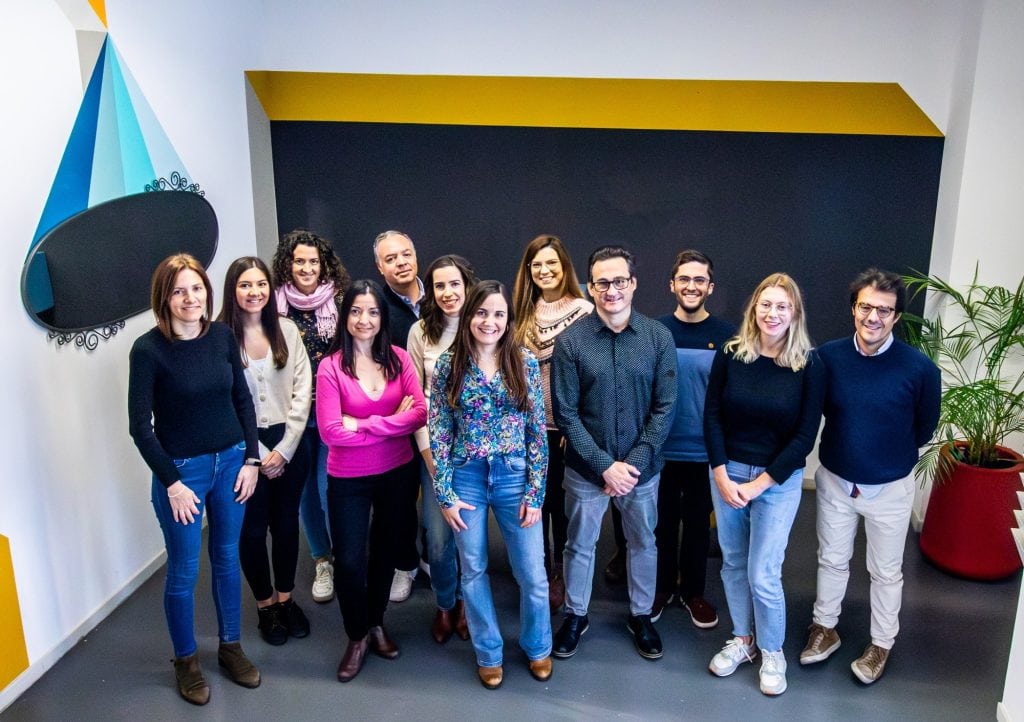
A consortium led by OneChain Immunotherapeutics (OCI) has received a €1.9m grant from the Spanish Ministry of Science and Innovation to advance a new CAR-T therapy for a rare form of leukaemia with few therapeutic options.
The therapy could treat up to 80% of patients with T-cell acute lymphoblastic leukaemia (T-ALL), according to the company.
Acute lymphoblastic leukaemia has an incidence of around 1.5 cases per 100,000 people in high-income countries and T-ALL is even rarer, accounting for up to 15% of all acute leukemias in children and up to 25% in adults.
The treatment of T-ALL has historically relied on intensive chemotherapy, OCI outlined, adding that this results in “devastating effects” for patients and that a significant proportion of them do not respond to treatment.
OCI’s approach is centred on CAR-T technology, a type of immunotherapy that involves extracting immune cells from patients and modifying them, enhancing their ability to recognise and attack cancer cells.
Despite showing promise in lymphomas and other forms of leukaemia, CAR-T therapy is not yet a consolidated option against T-cell leukemias, such as T-ALL.
This is because tumour and healthy T cells exhibit almost the same molecules on their surface, meaning that CAR-T therapies aimed at T-ALL destroy both types of cells, causing severe immunosuppression in patients.
OCI said its therapy will simultaneously target two markers present on cancer cells, making it more effective than single-target therapies and expanding the number of treatable patients.
“For patients who have experienced a relapse, finding effective treatments is particularly challenging,” said Dr Víctor Díaz, research director at OCI. “Our therapy brings hope to these patients.”
The company has already developed a CAR-T therapy directed at the CD1a protein. However, this molecule is present in a subset of T-ALL patients.
Diaz said: “The first CAR-T therapy we developed, targeting the CD1a antigen, is already in clinical trials, demonstrating its safety and efficacy for a specific group of patients.
“By incorporating a second target into our strategy, we not only increase the percentage of patients we could treat – up to 80% – but also enhance the effectiveness of the therapy.”
The project is set to last three years and will involve collaboration with the Josep Carreras Institute and the Blood and Tissue Bank.




